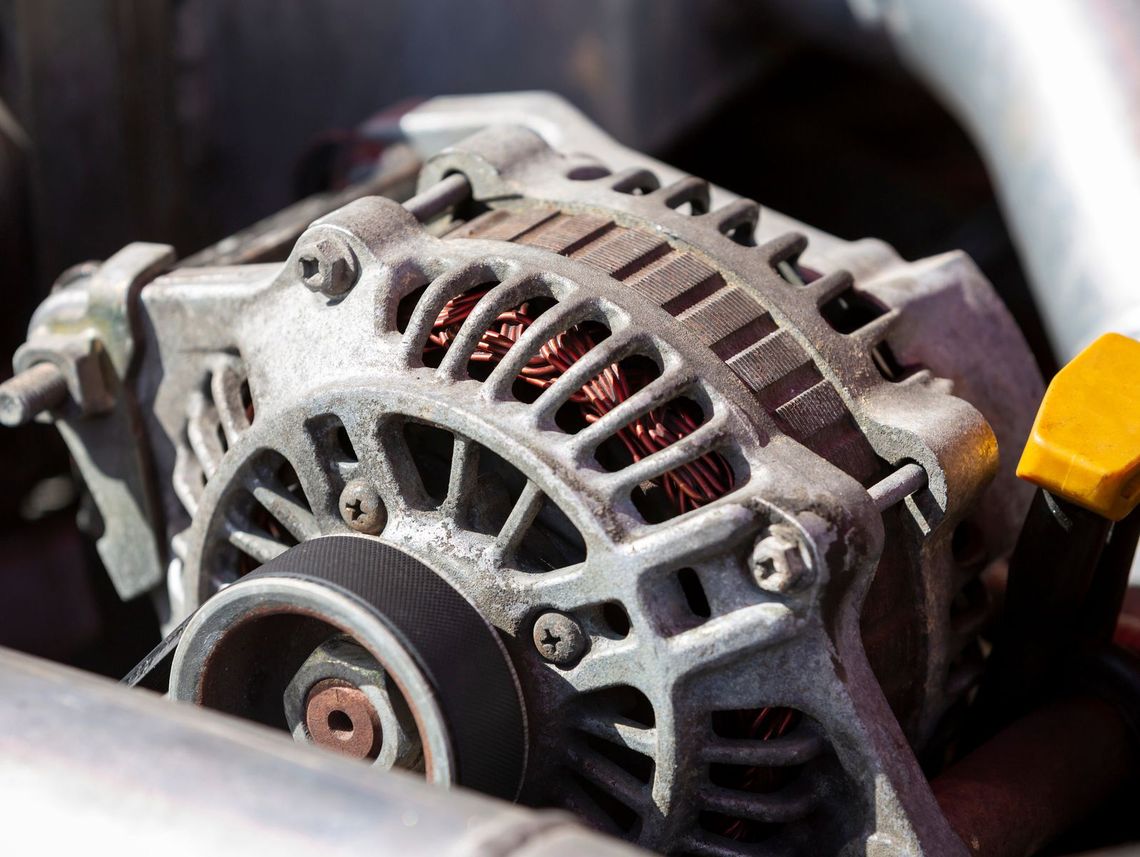
01/02/2023 0 Comments
Alternators All Your Questions Answered
As one of Ireland's longest and most established providers of alternators, we have provided quality replacements for all types of vehicles. Inevitably our clients have many questions about these vehicle parts. This is understandable, of course. A replacement alternator is an investment; therefore, clients want to make sure they are paying for quality. For the peace of mind of all our clients, we have composed the blog below, which has complied with some of the more common questions regarding alternators.
How much does an alternator cost?
The cost of an alternator can vary depending on the make and model of the vehicle, as well as the brand of the alternator itself. On average, the cost can range from €150 to €300 for a replacement alternator, but prices can be higher or lower depending on the specific circumstances. For example, in our online store, we stock the Ford Focus Petrol Alternator, which costs €151.25. While also having available the 24 Volt 5 Pin Marcedes Truck Alternator which costs €242.00.
What does an alternator do?
An alternator is a device in a vehicle that converts mechanical energy into electrical energy to charge the battery and power the vehicle's electrical systems while the engine is running. It works by using a rotor and stator to generate an alternating current (AC) which is then converted into direct current (DC) to charge the battery and power the vehicle's electrical systems, such as the headlights, radio, and air conditioning. The alternator also helps to regulate the voltage in the electrical system to ensure that it stays within a safe range.
In summary, the alternator is responsible for maintaining the charge of your car's battery while you drive, as well as powering all the electrical components of your vehicle.
How to test an alternator?
There are a few different ways to test an alternator, but the most common method is to use a multimeter, a tool that can measure electrical current, voltage, and resistance. Here are the basic steps to test an alternator using a multimeter:
Start the engine and let it idle.
Connect the multimeter's positive lead to the alternator's positive terminal, which is usually labelled "B+" or "BAT."
Connect the negative lead of the multimeter to the negative battery terminal.
Check the voltage reading on the multimeter. It should be between 13.5 and 14.5 volts, which indicates that the alternator is working correctly.
Next, you can check the alternator output by turning on all electrical loads in the vehicle, such as headlights, air conditioning, and radio and recheck the voltage. It should not drop below 13.5V.
If the voltage reading is too low or the alternator is not charging the battery, the alternator may be faulty and need to be replaced.
It's important to note that multimeter testing is just one way to check the alternator and is not the only way. A professional mechanic might have more advanced equipment to check the alternator. It's also important to use caution when working with electrical systems, as they can be dangerous if not handled properly.
What fuse controls the alternator?
In most vehicles, the alternator is controlled by a fuse that is located in the vehicle's main fuse box. The fuse that controls the alternator is typically labelled as "ALT" or "GEN" or something similar, and it is usually a high amperage fuse (40 to 80 amp).
In some vehicles, the alternator fuse is located in a separate fuse box, often called a "power distribution centre" or "under-hood fuse box." This separate fuse box is usually located near the battery or near the alternator itself.
It is essential to locate the correct fuse before attempting to test or replace it. If you're not sure where the alternator fuse is located, consult the vehicle's owner's manual or check with a qualified mechanic.
The alternator fuse is not the only fuse that is connected to the alternator; there could be other fuses or relays involved in the alternator's electrical circuit, and a professional mechanic might be able to help you identify them.
Do you have any other questions about alternators? Please get in contact with our offices today to discuss your needs.

Comments
Leave a comment